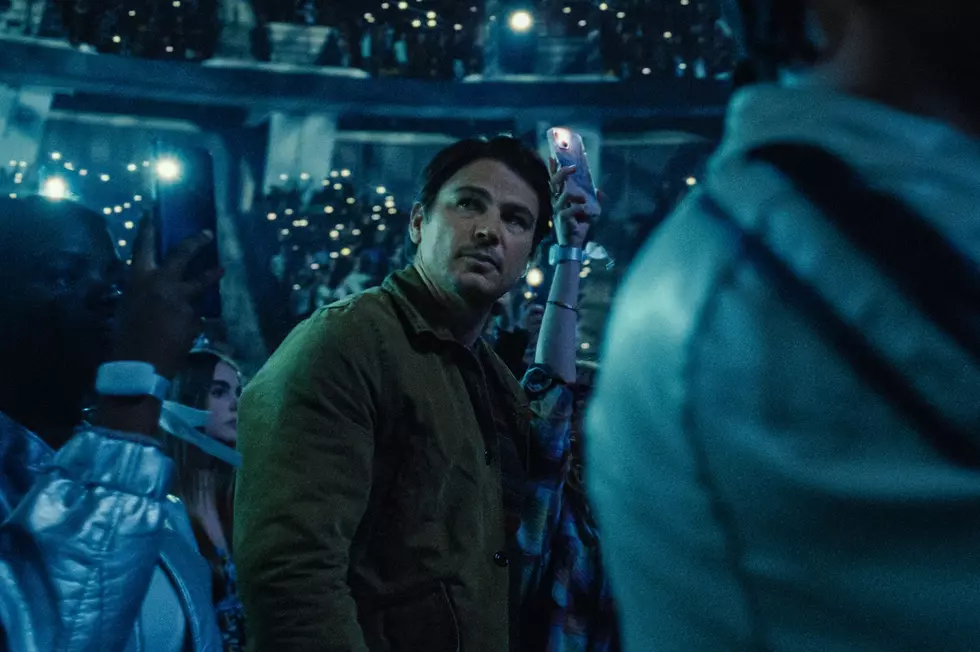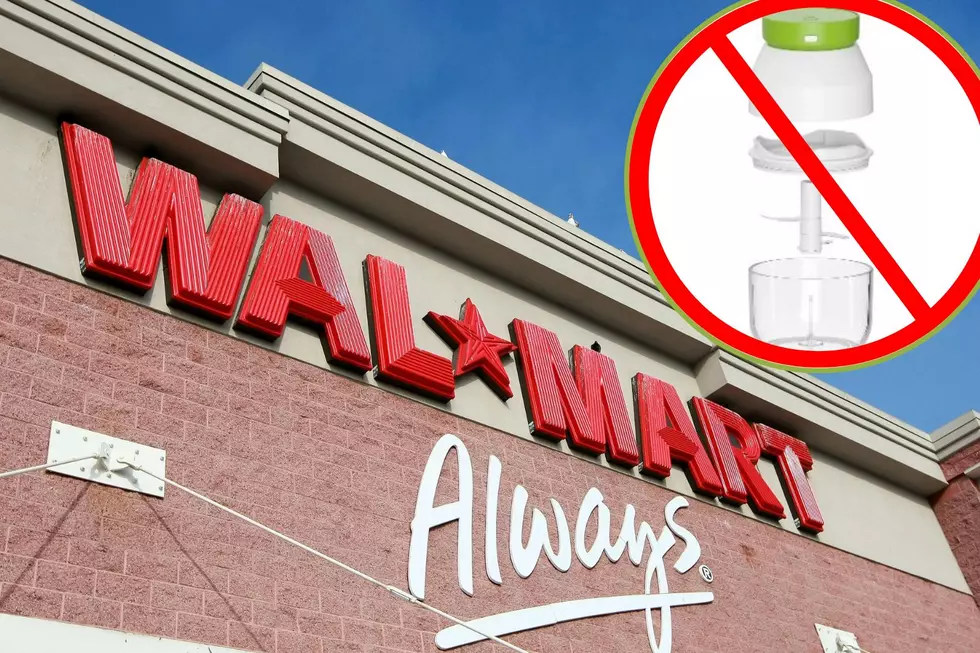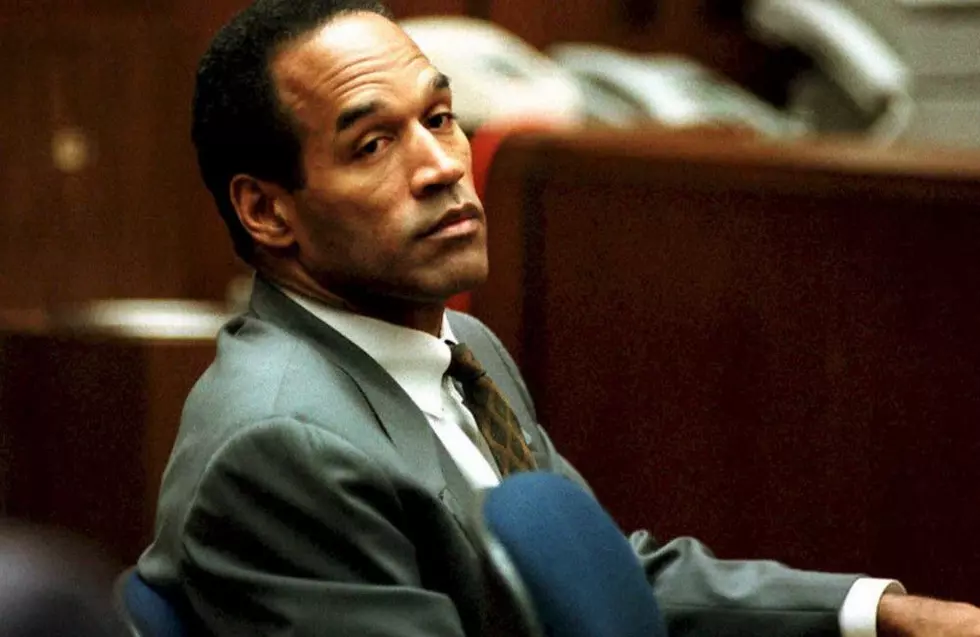‘Little Red Corvette’ Introduces Prince to the Mainstream: 365 Prince Songs in a Year
To celebrate the incredibly prolific, influential and diverse body of work left behind by Prince, we will be exploring a different song of his each day for an entire year with the series 365 Prince Songs in a Year.
Everybody knows this song. Everybody. Your mom knows it; it's even probable that your grandma does, too. So, right away, let's dispense with the description of the song—the synths and electronic drums; the sultry verses and party-forward chorus; the lyrics, all car and horse metaphors ("Cuz U had a pocket full of horses / Trojan, some of them used"). How lines like "But it was Saturday night / I guess that makes it all right" can be used to justify anything, and thank goodness for that.
Instead, let's think about what it meant to hear the song in 1983. 1999, the album from whence "Little Red Corvette" hailed, was Prince's fifth, and the previous two (1980's Dirty Mind and 1981's Controversy) had established him as something of an auteur of the erotic, if not the downright filthy. "Jack U Off," "Head," "Let's Work" "Sister" and others made critics and hardcore fans swoon (or compelled them to do other things), but they were not the stuff of mainstream success/name recognition/etc. "Little Red Corvette" was just naughty enough to help him maintain his edgy reputation, but radio-friendly enough to attract Top 40 programmers and deejays to spin the thing, and for listeners to perk up when they heard it.
And, cliché though it might sound, there really wasn't anything else on the radio that sounded like "Little Red Corvette." Earth, Wind & Fire were on their last legs; Shalamar had crested; Rick James had had a couple outlier hits; really, Michael Jackson's Thriller singles were the closest correlatives at a time when the biggest acts on the planet were the Police and Men at Work. To hear a perfect amalgam of pop and R&B like "Little Red Corvette" on Top 40 radio was something of a revelation.
Let's think about what it meant to see the video in 1983. The Police and Men at Work made compelling videos that got played on MTV. A lot. It also helped that they were white; MTV at the time was notorious for not adding black performers to their playlists. Michael Jackson and CBS Records get the credit for breaking through that barrier; Prince's performance clips for "Little Red Corvette" and "1999" also leaned a shoulder into the barrier and benefitted when it came down. As a result, viewers had an image to go along with the song about the car they were hearing on the radio—a sexy-as-hell dude in high heels who could do all the James Brown splits and mic tricks, putting his interracial band through its paces. Minds were blown. Records were sold. Prince became part of mainstream MTV culture.
More From 104-5 KDAT




![Flying Saucer Seen in the Midwest During the April Eclipse [PHOTO]](http://townsquare.media/site/673/files/2024/04/attachment-Untitled-design.jpg?w=980&q=75)





